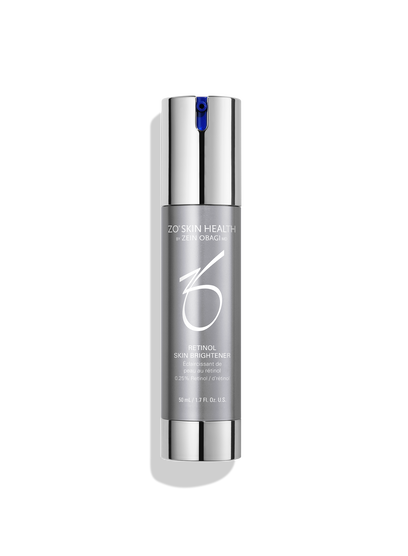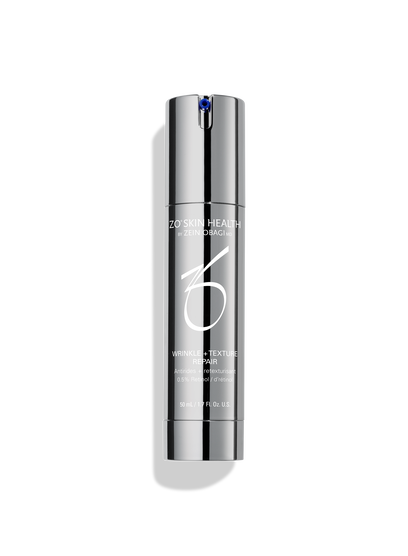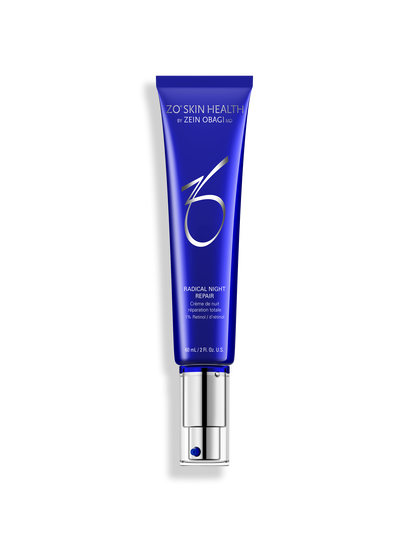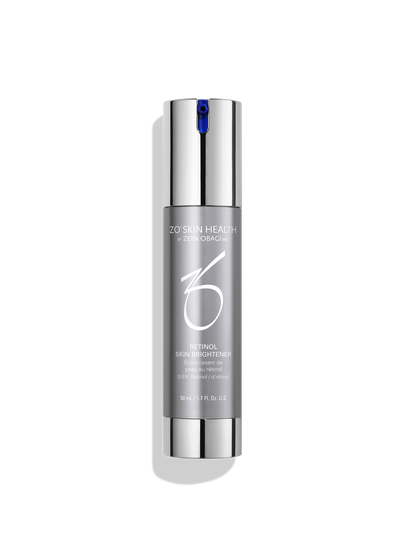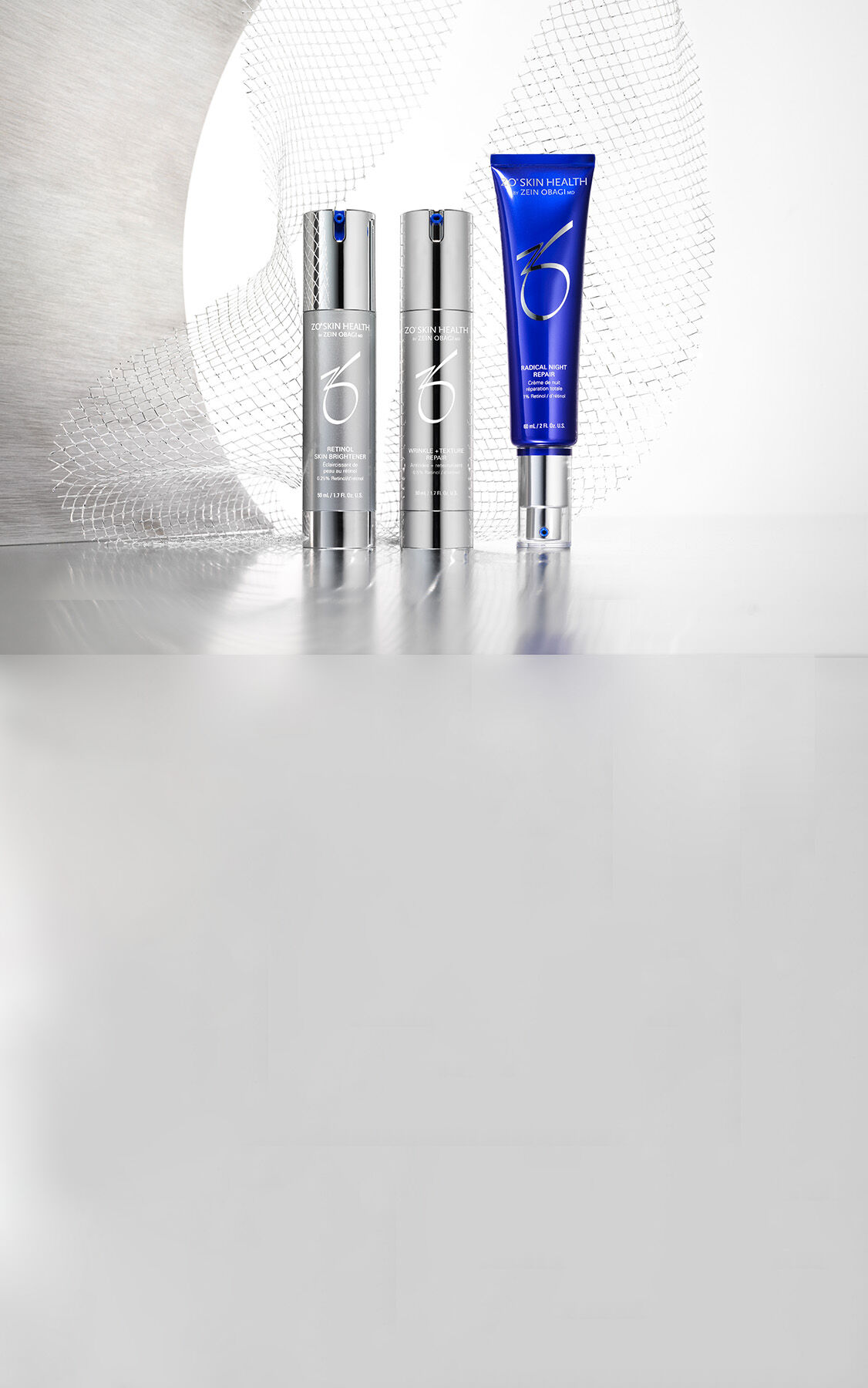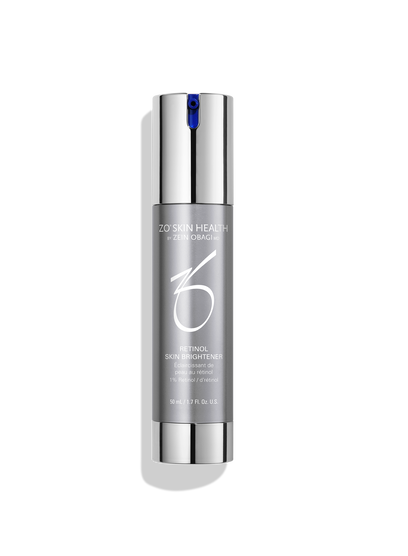5 Products 5 製品が見つかりました(何個)の製品が見つかりました
スキンブライセラム0.25
午前+午後 すべての肌タイプ ブライトニング
Wテクスチャーリペア
すべての肌タイプ エイジングケア*
ARナイトリペア
すべての肌タイプ エイジングケア*
スキンブライセラム0.5
午前+午後 すべての肌タイプ ブライトニング
スキンブライセラム1.0
すべての肌タイプ ブライトニング 午前+午後
Retinol skincare FAQs
Retinol, a powerful derivative of vitamin A,is ingredients thats fights against visible signs of aging, breakouts, and skin discoloration. It works by aiding healthy collagen + elastin and healthy cell turnover, helping to shed dead skin cells and them with fresh, new ones. The result? Smoother, firmer, and more
youthful-looking skin.
Retinol stands out for good reason. This ingredient offers a multitude of benefits, it can:
• Diminish fine lines: Retinol serums are renowned for their ability to smooth out fine lines and wrinkles, providing a youthful glow.
• Even out skin tone: Whether you're battling age spots, sun damage, or blemish scarring, retinol helps fadesun spots for a more even complexion.
• Refine skin texture: The exfoliating action of retinol helps to smooth out rough, uneven skin.
• Boost collagen + elastin: Collagen is contributes to firm, plump skin. Retinol aids healthy collagen + elastin, helping to reduce the look of sagging.
• Clear pores: The ingredient goes beyond anti-aging. It also helps to keep pores clear and reduce the occurrence of breakouts.
Retinol and retinoid have distinct differences that are important to understand, especially when choosing the right product for your skin.
Retinoids is the umbrella term used for all vitamin A derivatives, which include both prescription-strength products and over-the-counter options. They are highly effective in treating a range of skin concerns, from fine lines and wrinkles to blemishes and uneven skin tone.
Retinol skincare is a type of retinoid. It is typically found in over-the-counter products and is gentler on your skin. It works by gradually converting into retinoic acid once applied to the skin. This steady conversion means retinol is less likely to irritate compared to stronger retinoids.
When deciding between retinol and strong retinoids, always consider your skin's sensitivity, your skincare goals, and whether vitamin A products are right for you.
Retinol products are highly effective in helping with breakouts. The ingredient prevents the build-up of dead skin cells that can clog pores, which is a common cause of breakouts. Keeping your pores clear minimizes the formation of new pimples and blackheads.
Retinol also helps to balance sebun(oil), which can lead to fewer breakouts, especially for those with oily or blemish-prone skin.
Cell turnover is accelerated, too. Retinol promotes the shedding of dead skin cells, helping to fade blemish scars and reduce the likelihood of new breakouts.
It's important to start slowly with retinol. If you have sensitive skin, you may although not always, expirience rendness, flaking, dryness and potentially stinging. As your skin adjusts, you'll likely see a reduction in both the frequency and severity of your breakouts, along with improved skin texture.
As with any new skincare product, we recommend doing a patch test on a small area of skin and waiting at least 24 hours before using retinol cream all over your face. This is to test for any signs of a reaction.
As a beginner, you should use retinol around 2-3 times a week. Once you feel comfortable, you can introduce it into your routine every other day and then use every night sd tolerated. While consistency is key, it's important to listen to your skin and adjust usage as needed.
Daily use of retinol can be beneficial but depends on your skin type, tolerance, and how long you've been using it. Once your skin has adapted to the ingredient, using retinol cream every day can provide maximum benefits, such as reducing the appearance of fine lines, improving skin texture, and controlling breakouts.
It's important to pair your retinol with a good hydration to keep your skin moisturized and replenished.
Retinol products can also make your skin more sensitive to the sun. Always apply a broad-spectrum sunscreen during the day to protect you from both UVA and UVB rays.
There is no specific age at which you should start using retinol. It usually depends on your skin concerns and goals.
For instance, starting retinol in your mid-20s to early 30s can help prevent signs of aging. This is when your skin's natural collagen production starts to slow down. Incorporating retinol can help you maintain a youthful appearance and minimize the emergence of fine lines and wrinkles.
If you have blemish-prone skin, you might consider starting retinol in your teens or early 20s. We recommend to consulting with a dermatologist if you're unsure when to start or how to introduce retinol to your routine.
おっと...
選択されたフィルタに一致する製品がありません。
結果ページに戻る。
